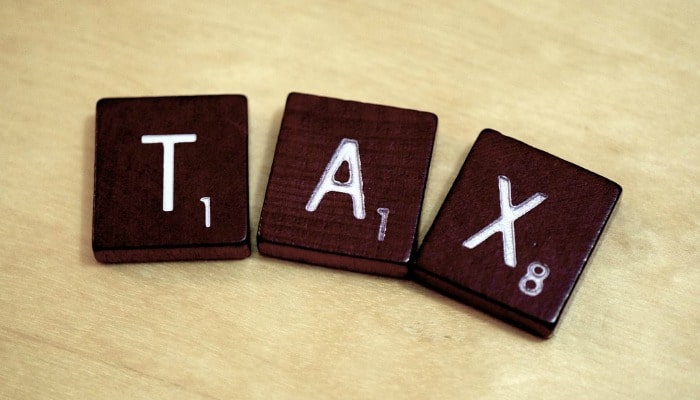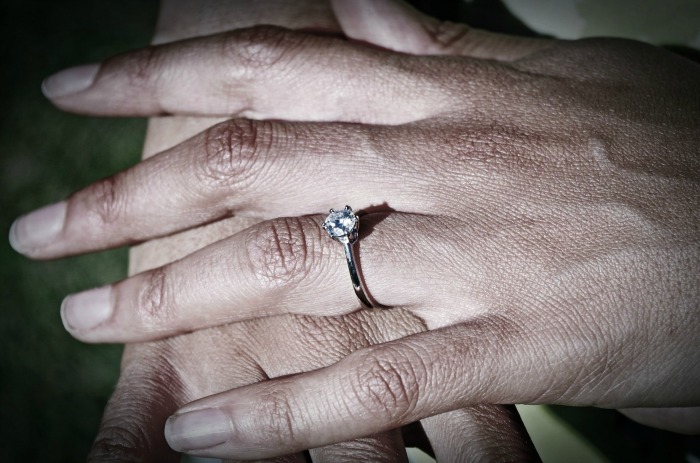Landing any form of windfall can be a nice surprise and although inheriting high value items or property can be a welcome bonus, following the death and loss of a friend or relative, there are particular tax-related aspects that one must account for that any so-called inheritance may be subject to.
£10 BONUS OFFER: Earn easy cash by watching videos, playing games, and entering surveys.
Get a £10 sign up bonus when you join today.
Join Swagbucks here >>
All assets that the deceased once owned will typically be absorbed into the value of their estate and either through a written will or via the law of intestacy the estate will be dispersed amongst the named beneficiaries.
There are many different types of assets that you could receive as part of the distribution of a deceased person’s estate. They can be high value items such as jewellery, cars, cash, stock and bonds or even art collections.
Typically, the highest value items would be formerly owned property, whether this was once their home or an additional property or premises they may own the deeds to.
Inheriting cash and other valuable items is most often a simple and painless process of transfer but when you inherit a property, the inheritance process is a little more complicated.
Initially the transfer of ownership is the first hurdle to get past and this can affect properties that are co-owned. For properties solely owned where all the paperwork citing ownership and duties are proved then the transfer is much swifter.
Where property inheritance gets a little more complex is when it comes to the issue of transfer and the taxes incurred. Firstly, a fee will be incurred during the transfer of ownership but any property you inherit, no matter what the value, could also incur additional taxes. Inheritance Tax is applicable on all estates above the value of £325,000, this includes all named assets and once any debts, fees and other expenses are paid.
This is typically taxed at 40% so it is certainly worth researching what fees may be applicable to your inheritance. On top of Inheritance Tax you may also be liable to pay Capital Gains Tax if you decide to sell the inherited property.
It’s certainly important to keep these factors in mind before you begin looking into how to sell the house or other inherited items and assets. If you are going through financial troubles though and need to sell the assets as quick as possible, you may want to look in to local pawn brokers and fast property buyers.
What you sacrifice in losing the full market value for the items, you gain in speed of the transactions. Two well-known and trusted high value asset buyers are Property Rescue and WP Diamonds.
Of course, gaining money from the death of a loved one is something that brings no joy to anyone, but it can help out dire financial problems. For help and support on dealing with bereavement and loss, please contact the Salvation Army or the Samaritans. It is important that you don’t isolate yourself and have someone to share your feelings with.
- How can I cancel a gym membership? - 1st Feb 2024
- Found vintage Pokémon Cards in your loft? Here’s what to do next… - 21st Feb 2023
- Cheap Halloween costume and decoration ideas to be spooky on a budget - 3rd Oct 2022





Leave a Reply